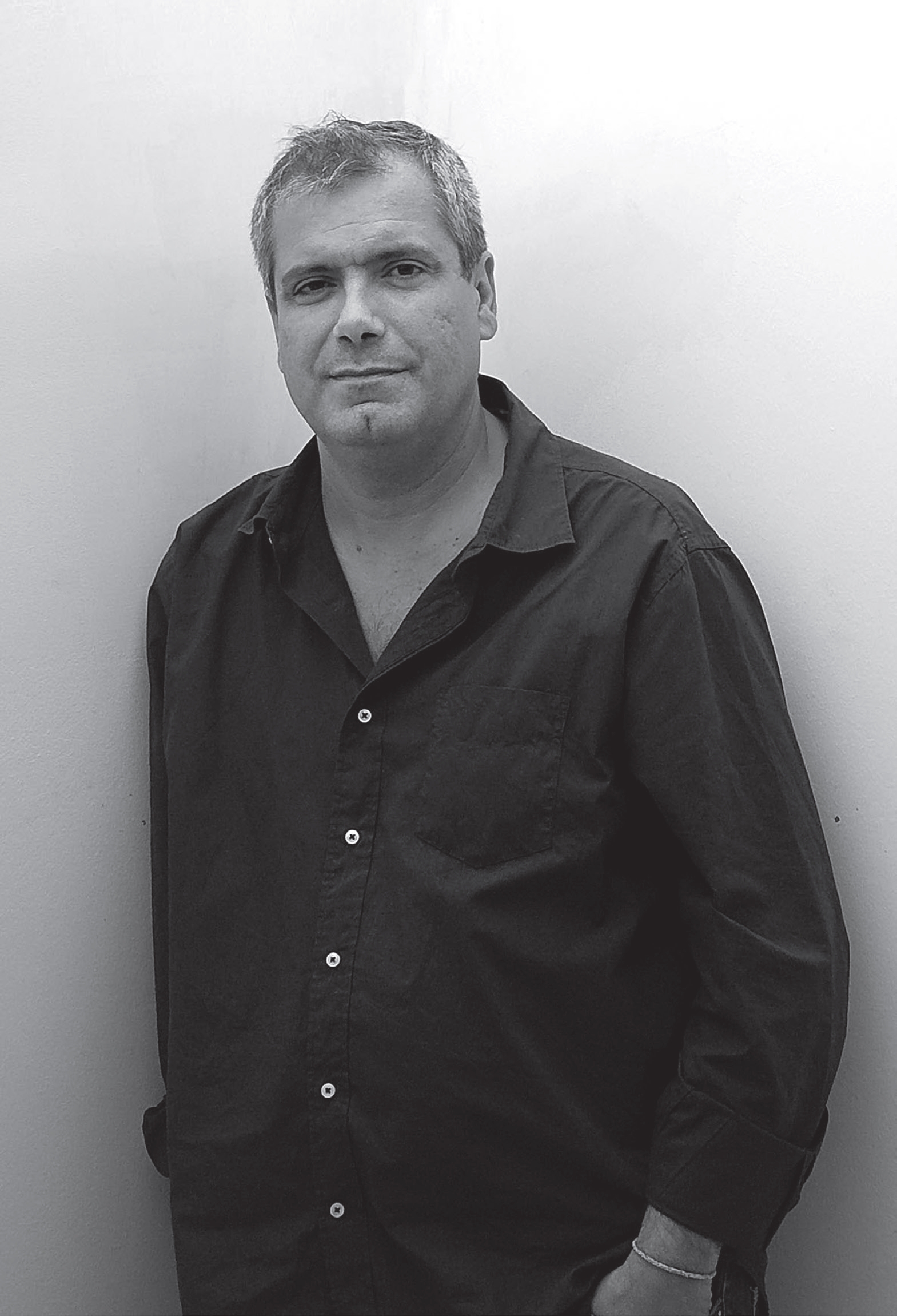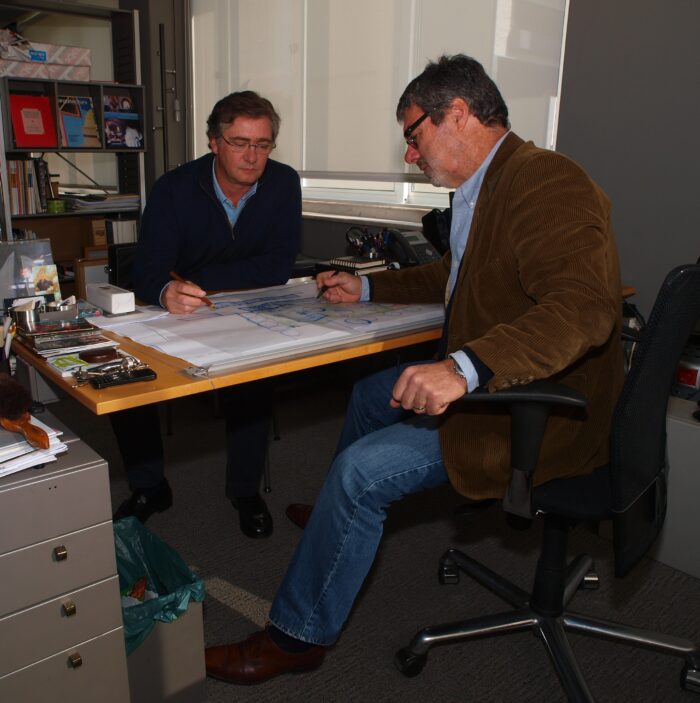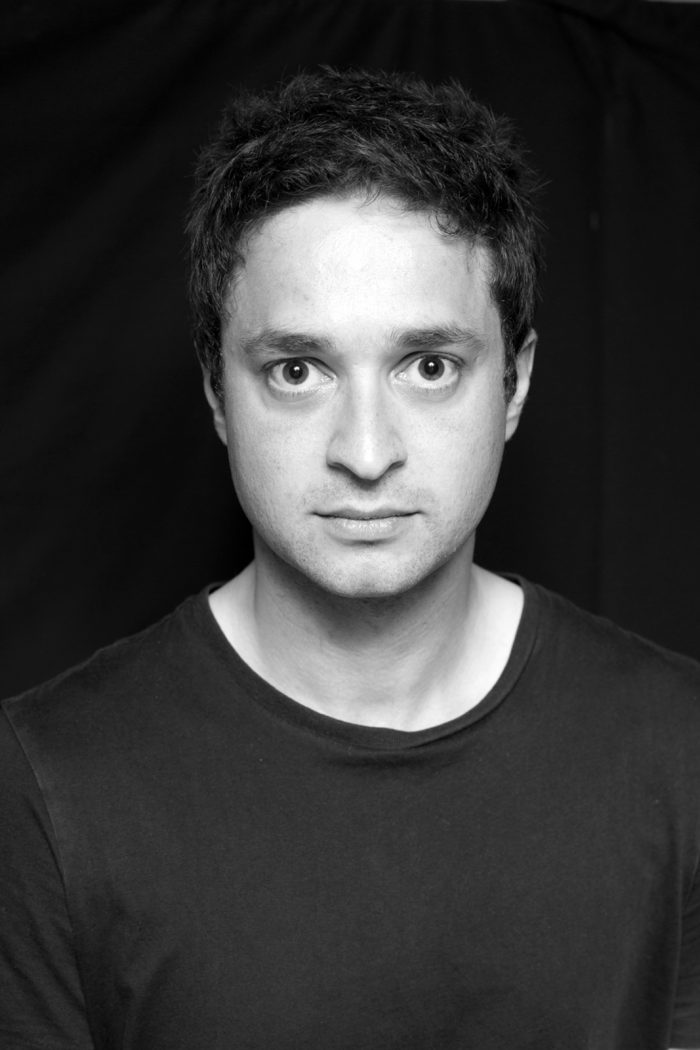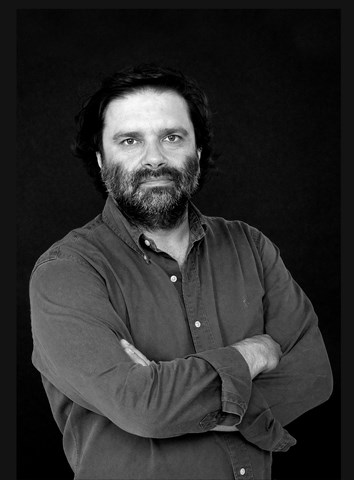A conversation with Arch. Manuel Aires Mateus

A conversation with Arch. Manuel Aires Mateus
‘The client doesn’t draw with us, but we draw with his ambition, translating his individuality, and that takes us away from the banality of the answer’
What does it mean to receive the Pessoa Award?
We have to understand the selection of the Pessoa award in a broad context. There is a desire to recognize Portuguese architecture and an interest in recognizing a generation. I am glad that it was me, I was a teacher for many of these new architects, but it is necessary to frame it this way. Then there is another issue, the work of an architect is not individual, it involves a lot of people. There is a very close relationship with my brother, both in teaching and in research projects, and this is also a very stable studio, regarding people; some have been here for 20 years and are part of this construction. And there are also a lot of people beyond those, such as the engineering team, with whom we are very close. We are always concerned about limits, because architecture feeds on difficulties and needs limits as they are the ones who, in some way, build the possibilities of response. I was the face of it all.
Our last conversation was in 2011. What has changed in these 7 years?
When, just now, you have shown me that agenda, I remembered that at that time we were going through a serious crisis. We were a small studio, we were out of work for a few months, it was an identity crisis as well, and that forced us to rethink everything and two things changed. One was the awareness of the possibility of manipulating the project, the program, the user’s relationship with space and the need to think about the way he lives it. And the other factor was time. We realize that we do not work for a specific period of time, but for the beginning of a period, what we do is not for a finite moment but for life. This is what became clearer to us in the years between our two conversations. Then we went through another crisis, the one that affected everyone. We’ve defined very well that our territory was here and in Europe, we decided that we were all tied up and we were lucky. The EDP project appeared, which was an anchor, and we marked the end of the crisis on the day we won Lausanne.
You still enjoy drawing on paper and building houses…
Drawing is my job, it is what I do, I always have a notebook in my pocket, another in my suitcase, several on the tables. I criticize the works or the models drawn over plans and cuts. On the other hand, there was always a taste for small projects in the office, in the case of a house it is because it is “the” house, a very vital thing. People present what they need and this is interesting to handle. I like the idea of something very close, real. Then there is the discussion with the client with whom we speak 10 more times and this makes the project much more unique. We always have to get to the question’s core, as impartial as possible, which is difficult. The house’s client helps us with this, makes the project more independent and accurate. He does not draw with us, but we draw with his ambition, translating his individuality, and that takes us away from the banality of the answer. The house is the most attractive program, we are a studio with many houses and, in reality, if you call me to say you want a building, we make an appointment, but if it is a house the appointment will come much faster.
You teach and it seems to me that you have a school studio…
Undoubtedly. In fact, we started giving training inside the studio, to employees. History, philosophy, drawing, photography, cinema courses … in short, it is a way to promote the union. We intend to create a universe of cultural interpretation of the world. Another thing we want is to have students in the studio. It is different from having interns, they are people who do not come to work on our projects, they come to do the work of the architecture school, benefiting from the experience of those who work here. But also because I have been teaching for 30 years and I was always aware that we learn a lot by teaching. And as I cannot tell all my employees to go and teach, because someone has to work, we bring the experience of teaching here, for those who work here also benefit from the students’ experience. It is a two-way relationship.
I would like you to comment on the changes taking place in your city.
We have to look at what is happening in Lisbon on the positive side of tourism, renovation and the dynamism of the city; and on the negative side, which is the exclusion, for most citizens, of the possibility of living in Lisbon.
We are on our way to transform Lisbon into a city without inhabitants, or with ghost inhabitants. Lisbon, as we know it, has already disappeared and the city should be the place for everyone, but especially for those who are ours. We have to seriously legislate to control this negative side at the risk of the city’s identity being lost. There is an urgent need for government intervention. It is not enough to say that Lisbon is very much discussed worldwide, Venice is too, the problem is that they run out of Venetians. You need to go energetically looking for solutions because it is happening at an enormous speed.
This interview is part of the Artes & Letras Magazine # 94, February 2018
Partially automatic translation from portuguese: some expressions may differ from their actual meaning.
News & Interviews
A conversation with Arch. Tomás Rebelo de Andrade and Arch. Jorge Garcia Simões
'The word complicate is not part of our lexicon because we want what we do to be discernible and to be read’ Read more
A conversation with Arch. Gilberto Pedrosa
'The genesis of SPACEGRAM was based on the promise to free projects from the most expected or recycled design solutions, always betting on a strong conceptual approach as the motto for its development' Read more
A conversation with Arch. João Luís Ferreira
‘Architecture is the victory of space over time. (...) It is the opposite of fashion. (...) It is what is not a passenger. (...) Architecture is the mirror of society’. Read more




